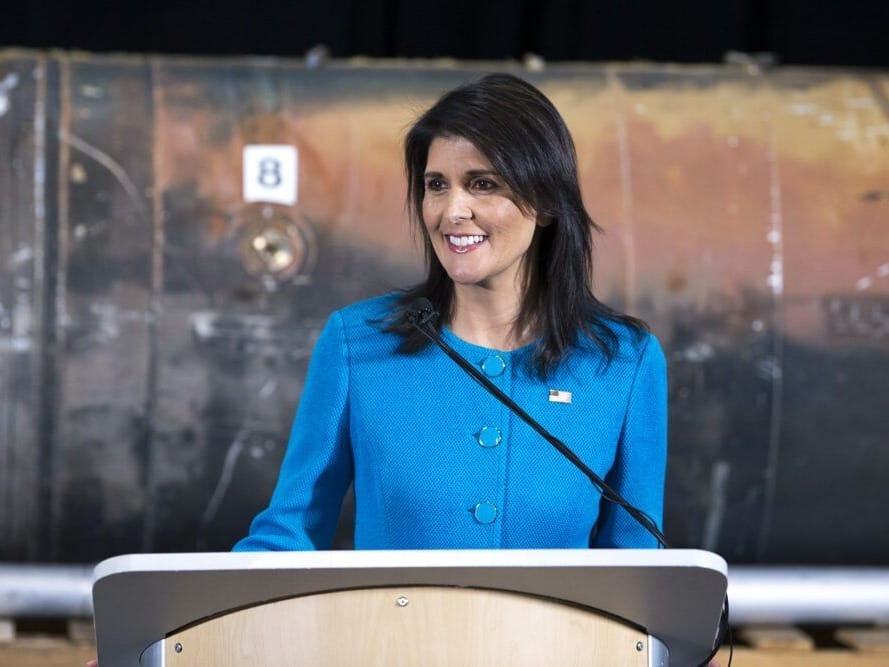UNITED NATIONS (AN) — Nikki Haley will resign her post as U.S. envoy to the United Nations at the end of 2018, U.S. President Donald Trump announced.
No reason was given why Haley, a rarity in Trump's Cabinet for having avoided getting fired or departing under a cloud of controversy, would be stepping down. A former South Carolina governor with little previous international experience, Haley was appointed to the U.N. post in November 2016. She coordinated Trump’s first time as chair of a U.N. Security Council session in September.









